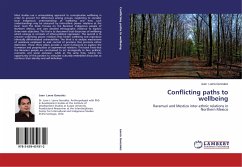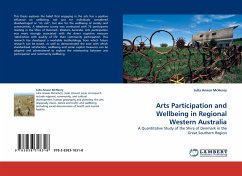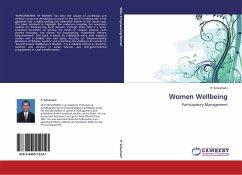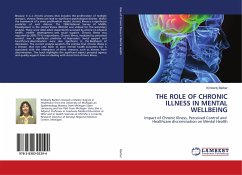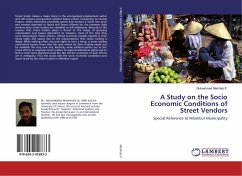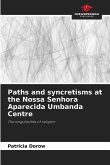Most studies use a universalising approach to conceptualise wellbeing in order to account for differences among groups, neglecting to consider local indigenous understandings of wellbeing and how such understandings may be obscured by inter-ethnic power relations at the local level. The book focuses on the Raramuri indigenous people of Northern Mexico, and uses detailed ethnographic evidence to explore three main objectives. The first is to document local discourses of wellbeing which emerge in contexts of ethno-political oppression. The second is to uncover underlying power relations that hinder wellbeing and reproduce ethnically differentiated vulnerabilities. The third is to analyse mechanisms of resistance employed to seek control of practices that promote ethnic distinction. These three pillars provide a novel framework to explore the formation and perpetuation of asymmetrical relations. This book finds that the Raramuri people are constrained to act strategically to face political, economic and social exclusion, while at the same time, taking the opportunity of this position to articulate culturally embedded discourses to reinforce their identity and self-definition.
Bitte wählen Sie Ihr Anliegen aus.
Rechnungen
Retourenschein anfordern
Bestellstatus
Storno

